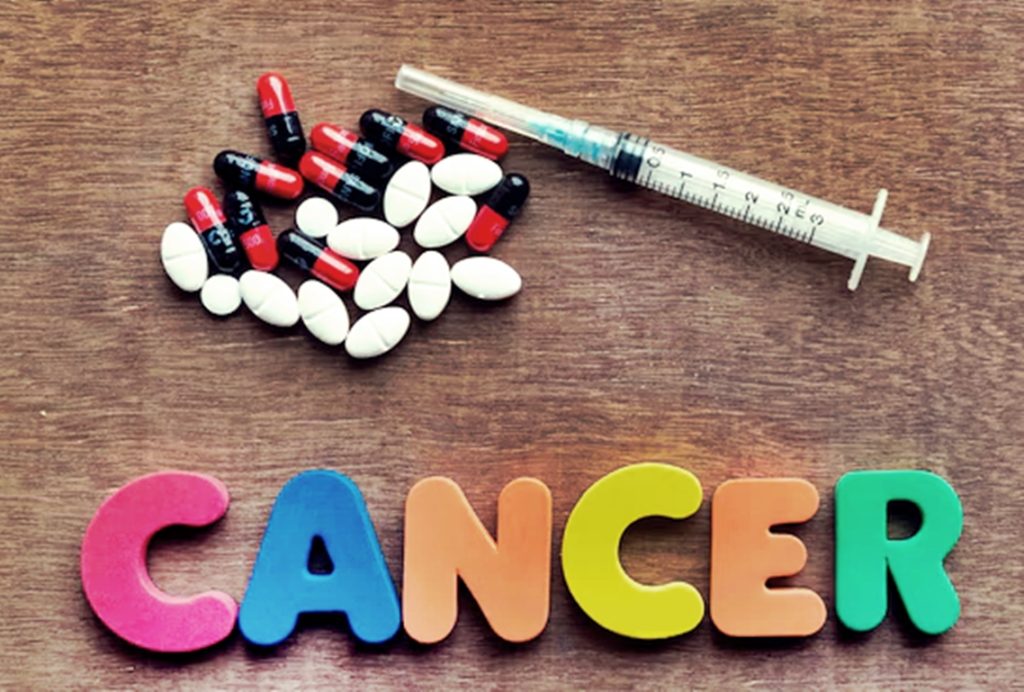WHO launches global guidance to curb antibiotic pollution from manufacturing New Delhi, Sep 3 (IANS) In a bid to curb the rising antimicrobial resistance (AMR), the World Health Organization (WHO) on Tuesday published its first-ever guidance on wastewater and solid waste management for antibiotic manufacturing. AMR poses a looming threat to global health and even food security.
Medicines produced at the manufacturing sites can lead to pollution, and also spur new drug-resistant bacteria, undermining the effectiveness of antibiotics globally. “Pharmaceutical waste from antibiotic manufacturing can facilitate the emergence of new drug-resistant bacteria, which can spread globally and threaten our health. Controlling pollution from antibiotic production contributes to keeping these life-saving medicines effective for everyone,” said Dr Yukiko Nakatani, WHO Assistant Director-General for AMR ad interim. The new guidance, which comes ahead of the UN General Assembly’s (UNGA) high-level meeting on AMR later this month, provides much-needed information on the environmental damage caused by the manufacturing of medicines. It showed that consumers worldwide are unaware of how to dispose of antibiotics when they are not used, for example, when they expire or when a course is finished but there is still antibiotic left over. The new guidance covers all steps from the manufacturing of active pharmaceutical ingredients (APIs) and formulation into finished products, including primary packaging. This can help “regulators, procurers, and inspectors” develop robust antibiotic pollution control in their standards. The deadly AMR occurs when bacteria, viruses, fungi, and parasites no longer respond to medicines. It can increase the risk of mortality as the infections can become difficult to treat. The WHO estimates that bacterial AMR was directly responsible for 1.27 million global deaths in 2019 and contributed to 4.95 million deaths. While the misuse and overuse of antimicrobials are the major reasons for the rise in AMR, many people around the world also do not have access to essential antimicrobial medicines. –IANS rvt/








